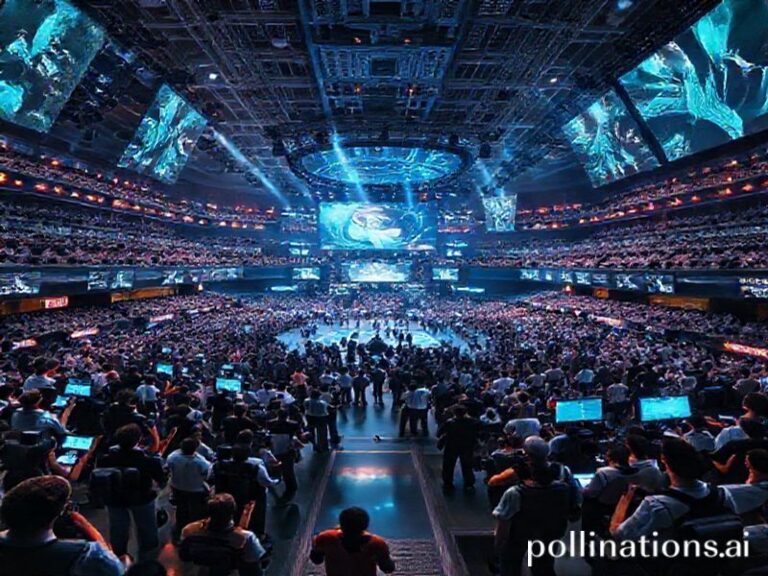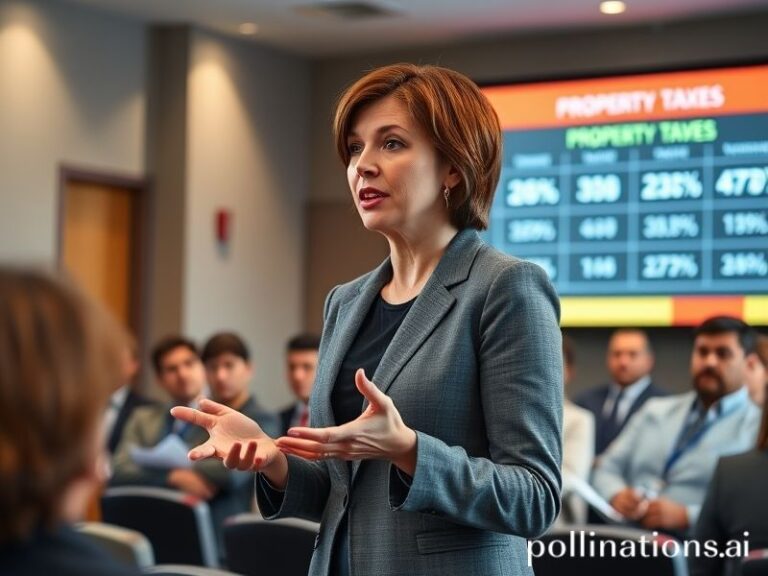sheffield united vs sunderland
ON A WEDNESDAY NIGHT IN SOUTH YORKSHIRE, the planet’s attention briefly pivoted from proxy wars and supply-chain meltdowns to a more ancient conflict: Sheffield United versus Sunderland, two former industrial citadels now reduced to arguing over second-tier bragging rights like divorced aristocrats squabbling over the good china.
From a safe remove—say, a rooftop bar in Singapore where the match is background noise to cryptocurrency traders sweating over their Tether—the fixture looks almost quaint. Two proud cities, once the blast furnaces of Empire, now exporting anxiety and nostalgia in equal measure. The global viewer, if he can be bothered to crane his neck away from the Bloomberg crawl, sees not merely football but a live autopsy of post-industrial melancholy, conveniently scheduled between Champions League ad breaks.
Sheffield, pop. 556,000, gave the world stainless steel and, inadvertently, the Full Monty. Sunderland, pop. 275,000, once built a quarter of the planet’s ships before discovering that outsourcing is a one-way valve. Both places voted Brexit with the desperate enthusiasm of men ordering one last round before the pub closes forever. Tonight their surrogates jog out in polyester to reenact the economic race to the bottom, only with added VAR.
For the international neutral, the match carries the faint whiff of geopolitical metaphor. Sheffield United, recently defrocked from the Premier League, are the wounded hegemon attempting a soft landing. Sunderland, absent from the top flight since 2017, are the revisionist power convinced history owes them a reprieve. The scoreboard is their UN Security Council: whoever controls it gets to feel temporarily relevant while the rest of the world negotiates lithium deals in the Atacama.
Consider the global supply chains quietly humming beneath the rivalry. The blades on Sheffield’s badge once sliced Peruvian copper for Chinese smelters; the Sunderland crest’s black cat now stares out from Vietnamese-made replica shirts sold in Lagos traffic jams. Somewhere in Jakarta, a fan streams the game on an illegal feed, subliminally absorbing the industrial dirge of Northern England while munching on Indomie. Imperial collapse tastes better with chili sauce.
The managers, too, are walking think-pieces. Paul Heckingbottom—his surname already a punchline in three languages—fields questions about “identity” and “culture” as if he’s curating a museum of obsolete machinery. Across the technical area, Tony Mowbray looks like a man who’s read too much Orwell and decided doublethink is easier than defending set pieces. Between them sits the tactical innovation known as “launch it to the big lad,” a strategy as timeless as sovereign debt crises.
Financially, the fixture is a rounding error. The combined wage bill wouldn’t cover a week of Neymar’s pedicure budget, yet the emotional investment could power a small Balkan war. Bookmakers from Manila to Malta report micro-spikes whenever Yorkshire grit collides with Wearside fatalism; apparently, there’s profit to be mined from collective masochism. Meanwhile, crypto bros in the aforementioned Singapore bar hedge their boredom by minting NFTs of sliding tackles. Capitalism, ever resourceful, finds a way to monetise despair in 4K.
And still the game trudges on, a 90-minute metaphor for everything that refuses to die quietly. The crowd, half-cut on nostalgia and overpriced lager, sings songs about jobs that no longer exist to a generation that will never afford a mortgage. Somewhere in the directors’ box, a Saudi consul checks his watch, wondering if this counts as due diligence.
When the final whistle blows—because whistles, unlike governments, are still reliable—the result will be uploaded, GIF’d, argued over on Lagos Twitter, and forgotten by breakfast. Yet for 120 seconds, the global village will pause its scroll to watch two rust-belt cities trade blows in high-definition existentialism. The universe, indifferent but amused, will note that even in decline, humans remain brilliantly, tragically committed to the idea that 11 men in shorts can redeem a postcode.
And that, dear reader, is the most honest summary of international relations you’ll read all week.







